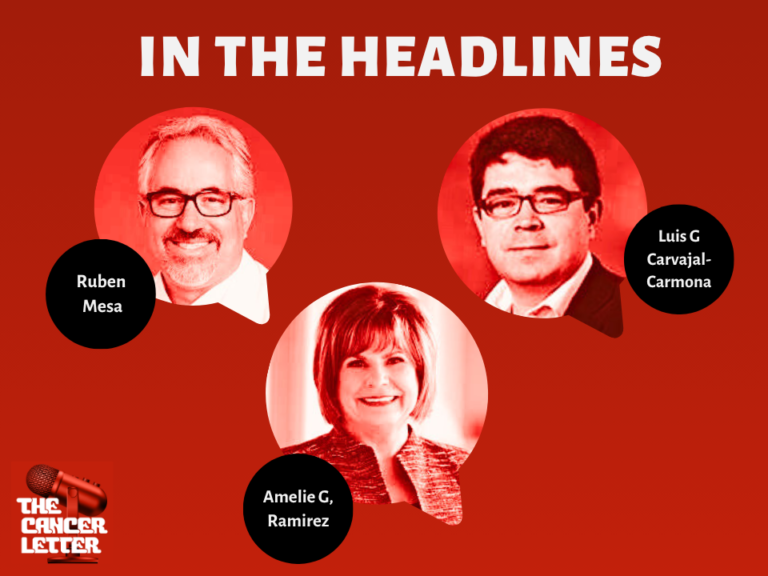In the late 1980s, R. J. Reynolds Tobacco Company made plans to market a new brand of menthol cigarette, Uptown.
The cigarette was to be market-tested among Black people in Philadelphia.
The packaging was black and gold, and the cigarettes were packed with the filters down, because research showed Black smokers tended to open cigarette packs from the bottom.
Advertising depicted Black models. They were smiling, carefree, enjoying the city’s nightlife. The slogan read: “Uptown. The Place. The Taste.” These advertisements were to be plastered on billboards, public transit, bus stops, and in Black newspapers and magazines. The cigarette was timed to roll out in February 1990, during Black History Month.
Louis Sullivan, Secretary of the U.S. Department of Health and Human Services at the time, was outraged.
“I felt so strongly, I said that if I have any credibility as secretary, I have to really do everything I can to protect and promote the health of Americans,” Sullivan said in a recent interview with The Cancer Letter. “This is a blatant effort that really goes in the opposite direction.”
Sullivan was not alone. Thirty-five activist groups formed the Coalition Against Uptown Cigarettes, which included the Conference of Black Clergy, the American Lung Association, the American Cancer Society, the Delaware Valley Hospital Council, and Black United Methodist Preachers.
I felt so strongly, I said that if I have any credibility as secretary, I have to really do everything I can to protect and promote the health of Americans.
Louis Sullivan
For decades, tobacco companies have funded key Black organizations, and the industry’s lobby used these relationships to argue against any limitations being placed on the marketing of menthol-containing tobacco products.
This fight appears to be occurring again, as several influential Black organizations are apparently lobbying the White House to hold off on the implementation of the menthol banoriginally proposed as part of the Biden Cancer Moonshot Program. A related story is available in this issue.
Also in this issue, a guest editorial by Black oncology leaders, including all Black directors of NCI-designated cancer centers, urges the Biden administration to finalize the FDA rule that would take menthol off the market. The editorial is available in this issue.
Sullivan is founding dean and director of the Medical Education Program at Morehouse College. In 1981, the four-year Morehouse School of Medicine was established with Sullivan as dean and president. He served as HHS secretary from 1989-1993. His autobiography, “Breaking Ground: My Life in Medicine,” with David Chanoff, won the NAACP Image Award for Literature in 2015.
Sullivan spoke with Alan Blum, director and exhibitions curator at University of Alabama Center for the Study of Tobacco and Society. Blum is the guest editor of the Cancer History Project during the month of January to commemorate the 60th anniversary of the Surgeon General’s Report on Smoking and Health.
This interview is available as a podcast through the Cancer History Project.
An opportunity to go public presented itself in January 1990. Sullivan was scheduled to give a commencement speech at the University of Pennsylvania School of Medicine. He decided to use this platform to condemn R.J. Reynolds Tobacco Company for targeting African Americans.
Usually, Sullivan would send any public remarks over to the White House for approval a few days in advance. This time, he gave the White House two hours to review his speech.
“I knew very well that by the time the White House knew that the speech was there, I would be on my way back to Washington from Philadelphia,” Sullivan said. “But I also knew that what was going to happen was unpredictable, because I was going to be violating protocol.”
During his talk Jan. 18, 1990, Sullivan criticized the cigarette brand:
“This brand is cynically and deliberately targeted toward black Americans,” Sullivan said in his address. “At a time when our people desperately need the message of health promotion, Uptown’s message is more disease, more suffering, and more death for a group already bearing more than its share of smoking-related illness and mortality.”
“At a time when we must cultivate greater personal responsibility among our citizens,” he continued, “Uptown’s slick and sinister advertising proposes instead a greater degree of personal irresponsibility.”
He called for R.J. Reynolds to pull the cigarettes from the market, according to reporting from the Washington Post.
“I strongly urge you to cancel your plans to market a brand of cigarettes that is specifically targeted to Black smokers,” Sullivan said.
Before giving the speech, Sullivan decided it would be easier to ask for forgiveness than permission from the White House, he recalled recently.
“I didn’t want to be put in the position of being told, asked by the chief of staff, or the president, not to give that speech,” he said.
Tobacco lobbyists were livid.
“Lobbyists for the tobacco industry called the White House,” Sullivan said. “They were enraged by the speech I made.”


Sullivan never received any sort of reprimand. He recalls speaking with President George H.W. Bush before a cabinet meeting in the weeks after.
“Before the meeting began, President Bush said, ‘Lou, we’re noticing you speaking about tobacco and we’re behind you. We’re maybe a little bit too far behind you, but we’re behind you,’” he said. “That was it.
“In essence, the president was telling me ‘You did OK,’” Sullivan said. “That was as close as he was going to get, because we knew the tobacco industry worked to have people sympathetic to their industry working as White House staff to really try and avoid things such as the speech that I gave in Philadelphia.”
R.J. Reynolds scrapped its plans to market the cigarette in January 1990.
Blum spoke with Sullivan for the Cancer History Project podcast.










